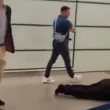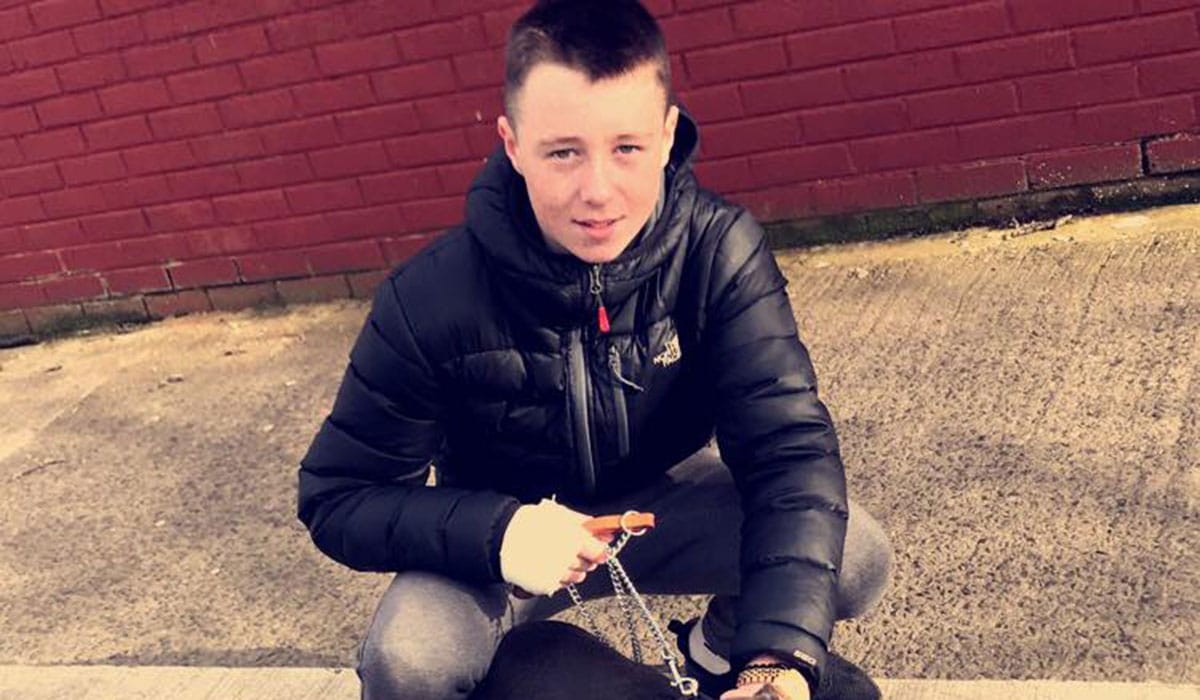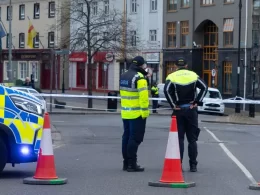A 46-year-old Dublin man, Stephen Carberry, has been charged with the disposal of body parts and obstructing the investigation into the brutal murder and dismemberment of Keane Mulready-Woods, a 17-year-old from Drogheda, in 2020.
Mr Carberry appeared at Dublin District Court without making a bail application. He faces three serious charges that will be tried before the Special Criminal Court, which handles cases involving organised crime and terrorism.
Judge Monika Leech ordered that Mr Carberry, of Adair Apartments in Sandymount, Dublin 4, be remanded in custody until his next court appearance on 31 May.
Keane Mulready-Woods was last seen by his family on the evening of Sunday, 12 January 2020. His murder and the subsequent dismemberment of his body sent shockwaves throughout Ireland, highlighting the escalating gang-related violence in the Drogheda area.

Remains of the teenager were discovered at multiple locations: in Coolock, in a burnt-out vehicle at Trinity Terrace in Dublin, and at Rathmullan Park in Drogheda, County Louth. The gruesome nature of the crime prompted a major Garda investigation, with authorities describing it as a “callous and brutal” act that underscored the severity of organised criminal activity in the region.
Mr Carberry is accused of setting fire to a Volvo V40 car bearing false registration plates for the benefit of a criminal organisation on 15 January at Trinity Terrace, Ballybough, Dublin 3. The second charge alleges that between 13 and 15 January 2020, at Trinity Terrace, he participated in or contributed to the transportation and disposal of Keane Mulready-Woods’s body parts, thereby enhancing the ability of a criminal organisation to commit a serious offence, namely murder. The third charge accuses him of impeding the apprehension or prosecution of another person who committed the murder, knowing that person to be guilty.
Detective Sergeant Enda O’Sullivan from Mountjoy Garda Station informed the court that the Director of Public Prosecutions has directed Mr Carberry to be tried in the Special Criminal Court. He noted that the book of evidence would not be ready for at least four weeks.
Defence solicitor John Feaheny stated that his client was not applying for bail at this stage. Judge Leech remanded Mr Carberry in custody to reappear next Friday, acknowledging that the book of evidence would not be available by then. Legal aid was granted to him.
In a related case, 30-year-old Owen Flood also appeared before the court facing connected charges. Mr Flood is accused of using a stolen car at Sandymount Avenue, Dublin 4, on 19 December 2019, and of stealing €50 worth of diesel from the Applegreen Service Station on the M1 Northbound in Lusk, County Dublin, on the same date.

The DPP has directed that Mr Flood’s case be sent forward for trial in the Circuit Court, with a book of evidence to be prepared. He was granted legal aid after the court was informed he had “no assets.” His solicitor, Aoife McTaggart, stated that the defence was “reserving our position on bail.” He was remanded in custody to appear again next Friday.
Neither defendant addressed the court during their brief separate appearances before Judge Leech.
The murder of Keane Mulready-Woods is one of the most high-profile criminal cases in recent Irish history. It has drawn significant public attention to the issues of gang violence and organised crime in Ireland, particularly in the Drogheda area. The Gardaí have been under considerable pressure to bring those responsible to justice, leading to several arrests and ongoing investigations connected to the case.
The government’s response has included increased funding for law enforcement and community initiatives aimed at tackling the root causes of gang involvement among youths. Public figures and community leaders have called for a unified approach to address the violence that has affected many families and neighbourhoods across the country.
As the legal proceedings continue, the case serves as a stark reminder of the challenges faced by Irish society in combating organised crime and ensuring the safety of its communities.









